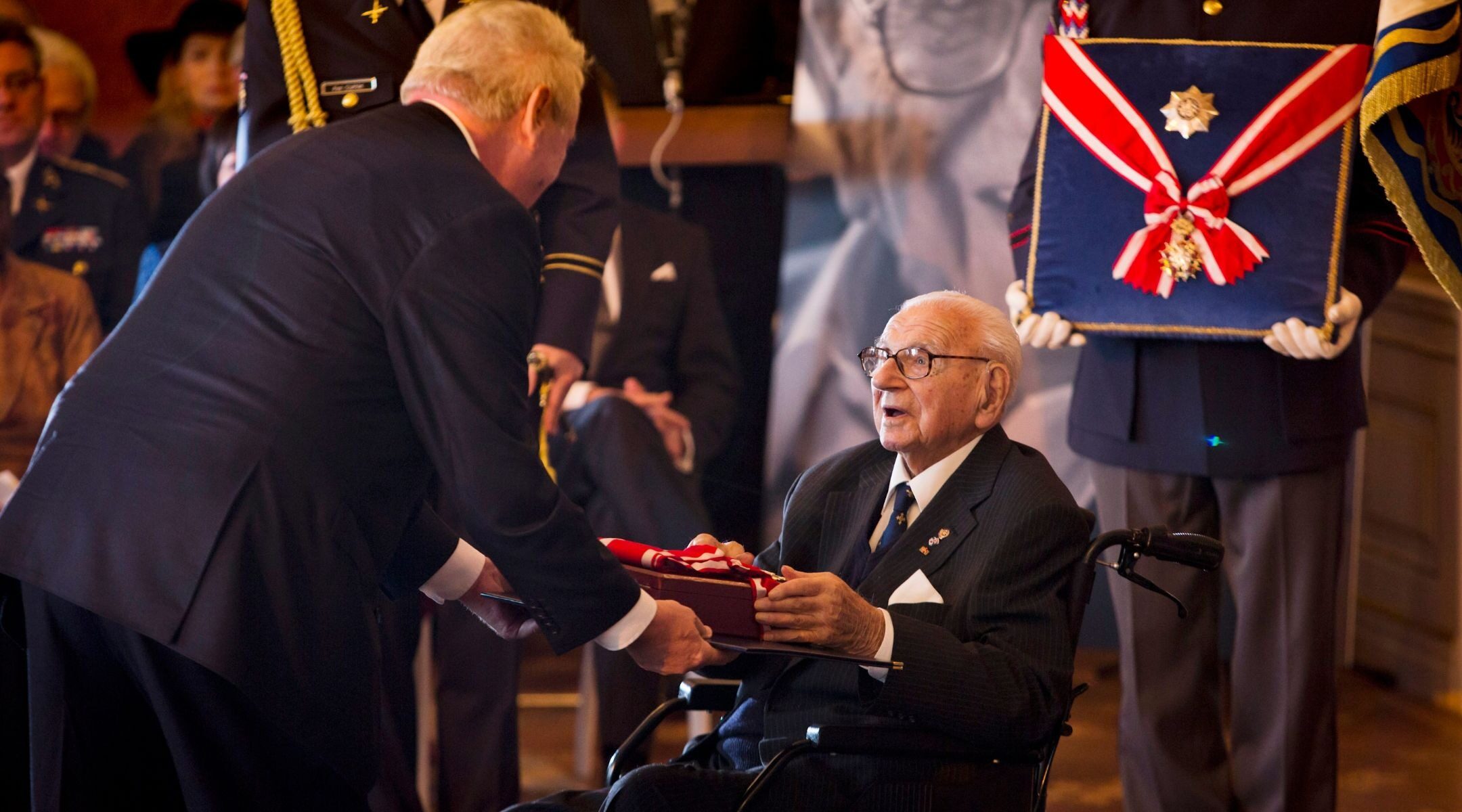within 10day time they have to leave the house because Margot was the call up from the Nazis camp
Anna thought she was going to another country but finally she knew that they are going to hide in the secret annes
the reality is they have to stay in the secret annex until the world war finish.
warehouse is underneath the secret annex
no looking out the window
no flashing the toilet
no walking around with shoe
she doesn't know how she is going to bear it
MIEP , Pim,
his father collected her favourite film star
its alright
they are very lucky
the first things we have to sew the curtain
so that no one can see it
we cannot call the doctor
12:30 they can start to move
Miep
Miep have a very brave husband
make jam
Mr vandan , mr vandan and son peter
frnk, mrs frank , anne , margot , mr dussal
we can use the bathroom to be finish by 8:30am
father was nice on her
they had to wear the yellow star
not allow to
her grandma die from cancer
That would be nice
received birthday gift a diary from Pim
she was so excited
at least we got each other
They have to keep quiet until 12:30 pm During the lunch hour they can relax and after 5:30 when they go home

